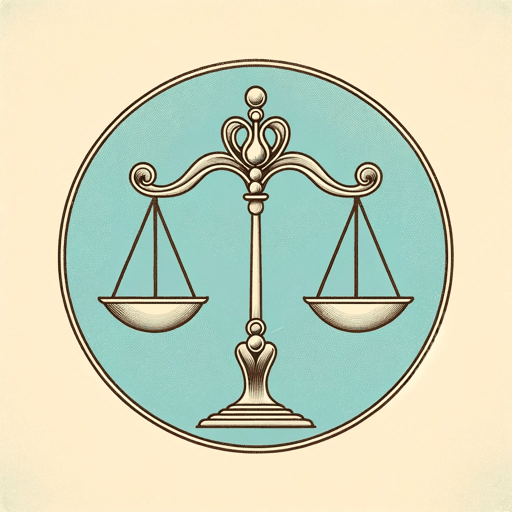57 pages • 1 hour read
Immanuel KantCritique of Pure Reason
Nonfiction | Book | Adult | Published in 1781A modern alternative to SparkNotes and CliffsNotes, SuperSummary offers high-quality Study Guides with detailed chapter summaries and analysis of major themes, characters, and more.
Summary
Prefaces and Introduction
Part I: “Transcendental Aesthetic”
Part II: “Transcendental Logic,” Book I, Chapter I
Part II: “Transcendental Logic,” Book I, Chapter II
Part II: “Transcendental Logic,” Book II, Chapters I-II
Part II: “Transcendental Logic,” Book II, Chapter III
Part II: “Transcendental Logic,” Division II, Books I-II, Chapter I
Part II: “Transcendental Logic,” Division II, Book II, Chapter II
Part II: “Transcendental Logic,” Division II, Book II, Chapter III
Transcendental Doctrine of the Method
Key Figures
Themes
Index of Terms
Important Quotes
Essay Topics
Further Reading & Resources
Important Quotes
“Human reason has a peculiar fate in one kind of its cognitions: it is troubled by questions that it cannot dismiss, because they are posed to it by the nature of reason itself, but that it also cannot answer, because they surpass human reason’s every ability.”
(Preface A, Page 5)
The problem of reason is that it leads us to ask questions of unavoidable existential importance but is incapable of providing legitimate answers. Kant is concerned to discover what the justifiable limits of human knowledge are and how we can take care not to overstep those bounds.
“Reason has insight only into what it itself produces according to its own plan; and that reason must not allow nature by itself to keep it in leading strings, as it were, but reason must–using principles that underlie judgments–proceed according to constant laws and compel nature to answer reason’s own questions.”
(Preface B, Page 19)
Kant expresses an idea at once continuous with the sense of “mastery over nature” indicative of many thinkers of the age of scientific enlightenment and consistent with his own critical project. Reason must construct order out of the raw material of nature. Reason does not merely understand nature. It produces the world in which we live.
“Thus I cannot even assume God, freedom, and immortality [as I must] for the sake of the necessary practical use of my reason, if I do not at the same time deprive speculative reason of its pretensions to transcendental insight...I therefore had to annul knowledge in order to make room for faith.”
(Preface B, Page 31)
The critical project sets limits to the knowledge to which reason can lay claim. Metaphysical items, like God, the soul, and freedom, can be coherently thought, but not cognized since they are not objects of experience. Abridging the power of reason to know things-in-themselves, like God, allows us to morally relate to them in a way that is practically necessary and faith-centered.
Related Titles
By Immanuel Kant




